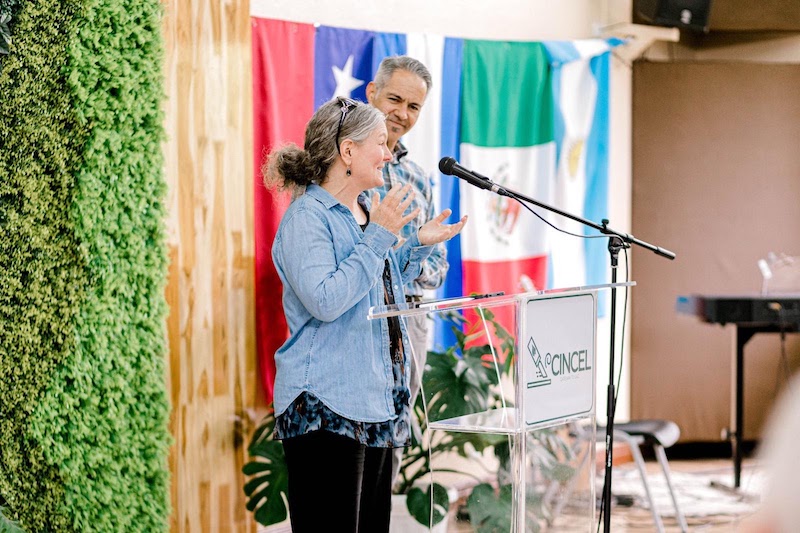It was a bit surreal for us to walk the streets of Los Yoses, San José, Costa Rica, equipped with backpacks and umbrellas, on our way to CINCEL, where, almost 18 years prior, we began our study of the language and culture of Latin America. As we crossed the familiar streets, I caught myself looking for the hand of one of our children, a habit of mine in those days, as our MKs, then 6 and under, would accompany us as we walked most everywhere we went. But this time was different. This time we weren’t the students. This time we were the facilitators.

Even so, we couldn’t help but be a bit nostalgic amidst the sights, sounds, and smells of the place that had been our family home for nearly a year in 2005 and 2006. The halls had been freshly painted and the furniture was rearranged, but the place felt the same: we could feel the same anticipation of a missionary career taking shape, the same excitement of new experiences and discoveries, and the same uncertainty in the face of the challenge of cultural adaptation.
Language school is a challenging time. For these ministry professionals, it can feel like a big step backward. They’ve been called, commissioned, and then affirmed by dozens of churches and individuals who have agreed to their support, only to find, after a flight of a few hours, they’re unable to express themselves in the language of the people to whom they hope to minister. The pressure to perform is high, frustrations abound, and tears are not uncommon as these new missionaries struggle to acquire the ability to function as foreigners in this foreign context.
We had been officially invited to CINCEL, the LAC Language and Cultural Training Center, to fulfill our responsibilities as board members and teach a session in missiology to the 18 missionary units studying there, but we were also there to offer our encouragement. During our week of interaction, we prayed with them and for them during their devotionals. We met with them over meals and coffee and heard their stories. We answered their questions and mitigated some of their concerns. But, more than anything, I think we served as a testimony of what God can do when we diligently submit ourselves to the process of transformation.
As we spoke to the students during Spanish chapel, we shared about Moses’ encounter with God at the burning bush and encouraged them to believe that the same God who gave human beings their mouths (Exodus 4:11) was able to shape them into his witnesses in the countries where they hope to serve. How could we be so confident? He had already done that work in us, despite myriad difficulties along the way. We’re glad for your support which allowed us this opportunity to retrace our steps so that others could benefit from our experience.
Tags: Area Director, Costa Rica, Missions, travel






